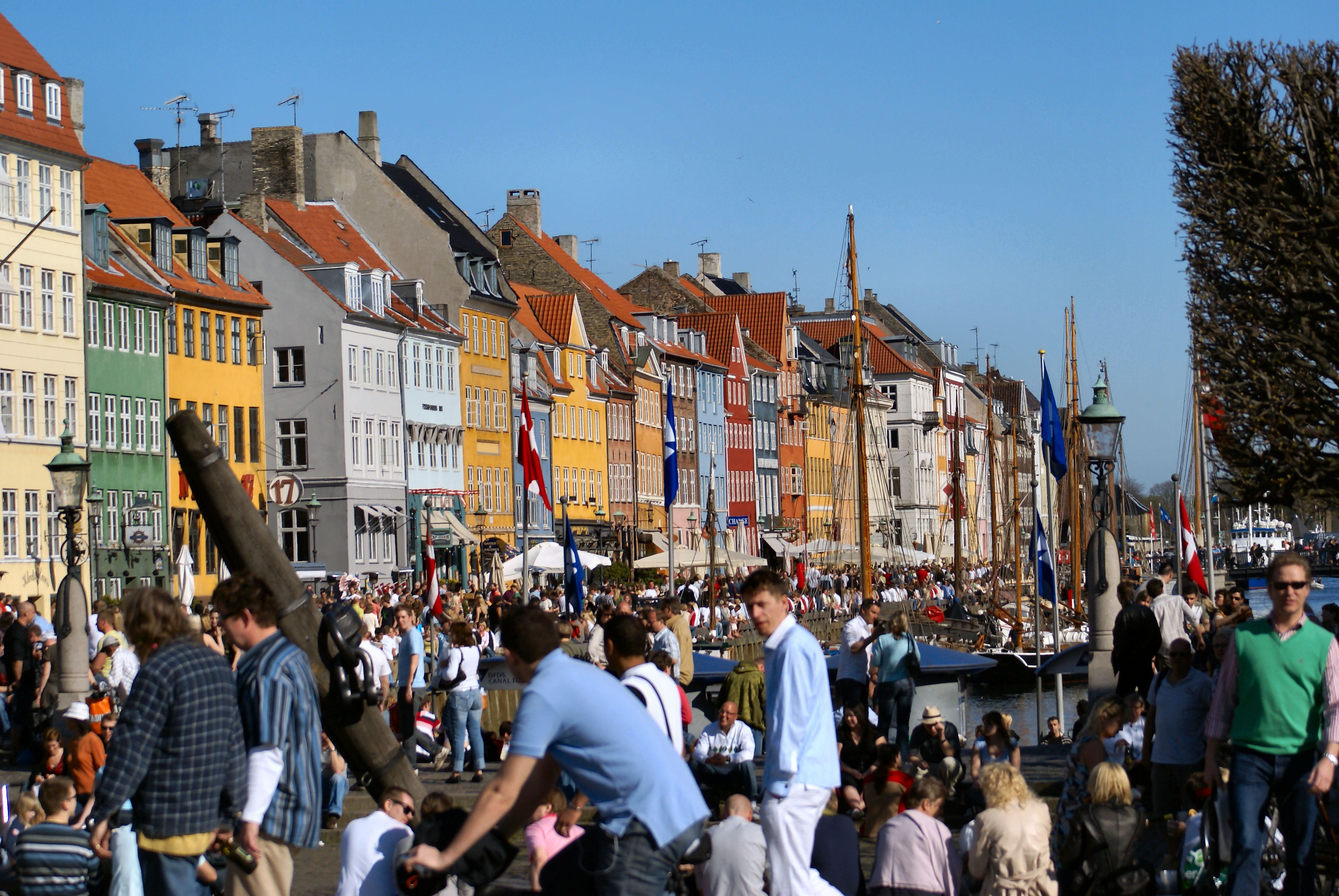Do my roots make me Turkish? I was born in Sweden but have lived in Denmark since I was five years old. I consider Danish to be my native language. I speak and read Danish better than I do Turkish. Even my thoughts and my dreams are in Danish.
But are my language skills and childhood enough to justify calling myself a Dane? Some say that if you are born in Denmark, then you can call yourself a Dane. But I don’t see it as being that simple. What if you were born on an aeroplane over the Atlantic Ocean, what nationality would you have then? Would you be nationless?
When I travel abroad to Turkey, I don’t feel like I am going home. I feel more like a stranger. I actually feel like a tourist. When I am in Turkey they call me ‘Dane’ or ‘European’, but when I return to Denmark (where I feel home) they call me “one of the strangers”, and some people are ignorant enough to tell me that I should go home where I came from.
But that’s the million dollar question: where do I come from? In the place where I feel like I am home, they call me a stranger, and in the place where they say I should go “back to”, I feel like a stranger.
Before I began to watch the news and follow politics, I never wondered if I was a Dane or a Turk, or where my home was. It was only when I got a little older and began to feel the implications of the political atmosphere of “us and them” that I began to think about my own identity.
Which am I: ‘us’ or ‘them’? And what am I?
Am I a part of Denmark’s family? Or am I a black child adopted by a white family, who is told that he is a part of the family and even gets the family’s last name? But many times when this child leaves the safety and comfort of his own home and walks out in public with the family, the eyes of others look at him differently. Even if he feels that he is a part of the family, he knows that he does not look like the rest of them. The public does not see him as a part of the family, simply because he is different.
That is what I feel I am. I am a black child adopted by a white family. I feel like a member of the family, but will never feel a complete and total belonging like the native members do.
So no matter how Danish I feel I am, I will always look different. I don’t have the blonde hair, or the blue eyes. When I apply for a job and they see a weird first name with a eastern European-looking surname, how often do they pass me over, thinking: “Hey, we’ve got plenty of ‘real’ Danes applying for this job”?
What does this term ‘Dane’ even mean? Do I benefit from using it, or is it just a meaningless title?
I can’t call myself 100 percent Danish, nor can I call myself 100 percent Turkish. Because I am not 100 percent of either. Because my identity contains both, I prefer to say that I am the best of both worlds. I take the best of the Turkish culture and the best of the Danish culture and then create my own Danish-Turkish hybrid. Because that’s what I am. A Danish Turk.











